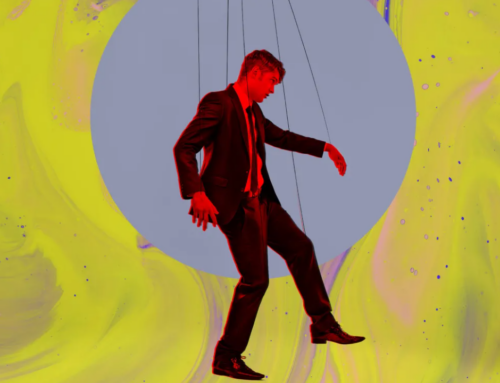As concerning as the Supreme Court’s reversal of the constitutional right to abortion was in the Dobbs v. Jackson decision were the comments of Justice Clarence Thomas. In a concurring opinion he took aim at the unenumerated rights that protect decisional privacy in the most intimate of matters: birth control and how and whom we love. He wrote, “The harm caused by this Court’s forays into substantive due process remains immeasurable.” He concluded, “Substantiative due process conflicts with that textual command [the text of the Constitution] and has harmed our country in many ways. Accordingly, we should eliminate it from our jurisprudence at the earliest opportunity.”
The majority opinion disagreed and sought to distinguish other decisional privacy rights from abortion noting, “The exercise of the rights in Griswold, Eisenstadt, Lawrence, and Obergefell does not destroy a ‘potential life,’ but an abortion has that effect.” Nonetheless, commentators haven’t been reassured and the concern persists that the reversal of Roe is the beginning of an onslaught on our freedoms.
I want to add one more worry to the list and point to self-determination at life’s end. Here we have Justice Neil Gorsuch to worry about. Back in 2017, during his confirmation hearings, I wrote an essay for The Hill urging senators to ask him about end-of-life care and the right to refuse life-sustaining therapy. As might be expected, the focus of the hearings was on his views about abortion. But he had authored a book entitled The Future of Assisted Suicide in Euthanasia, raising questions about his views on choice at the end of life.
Read more here.






